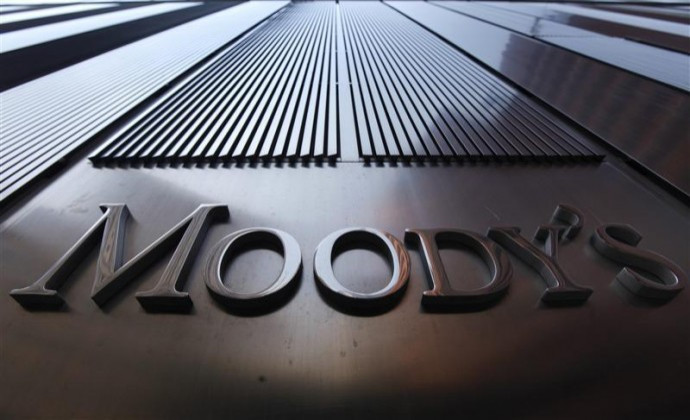Moody's: E&P, oilfield services and offshore drilling firms face tough times

The global oil and gas industry is entering a challenging 2015 thanks to the steep slide in oil prices, with exploration and production (E&P) companies taking the first hit, Moody's Investors Services has said.
WTI crude has fallen below the $50 mark for the first time since 2009 extending the 50% slide in the commodity over the second half of 2014.
Moody's said oilfield services (OFS) and midstream energy operators will feel the knock-on effects of reduced capital spending in the E&P sector.
"Offshore contract drillers are likely to have their toughest year since 2009, and integrated oil majors are the best positioned to react to lower prices."
"If oil prices remain at around $55 a barrel through 2015, most of the lost revenue will hit the E&P companies' bottom line, which will reduce cash flow available for re-investment," according to Steven Wood, a managing director at the rating agency.
"As spending in the E&P sector diminishes, oilfield services companies and midstream operators will begin to feel the stress,"
If oil prices average $75 a barrel in 2015, North American E&P companies would likely reduce their capital spending by around 20% from 2014 levels, while if they go below $60 a barrel spending could be cut by 30% to 40%, according to the Moody's estimate.
Outside North America, E&P firms would likely reduce spending by 10% to 20%, depending on prices, the rating agency said.
OFS sector earnings would fall by 12%-17% if oil averages $75 a barrel, while an average price below $60 a barrel could drive earnings down by 25%-30%.
Moody's said while large OFS companies like Schlumberger, Halliburton and Baker Hughes are sufficiently strong to weather a sustained drop in oilfield activity, smaller ones such as Basic Energy Services and Key Energy Services would come under greater stress.
Major integrated oil companies will also fare better.
"Integrated oil companies have been more measured in their response to falling oil prices, typically making investment decisions assuming prices of no more than $50-$60 a barrel, since projects can take years to complete."
In the midstream sector, a spending cut of 25% or more would make it difficult for operators to maintain EBITDA growth at current levels of 12%-15%, Moody's warned.
Moody's said China, the world's largest net importer of crude, will benefit from the drop in oil prices while Mexico's development as a result of energy reform will be delayed. Russia's lower oil export duties help its oil companies, but add to an already oversupplied market.
© Copyright IBTimes 2025. All rights reserved.






















